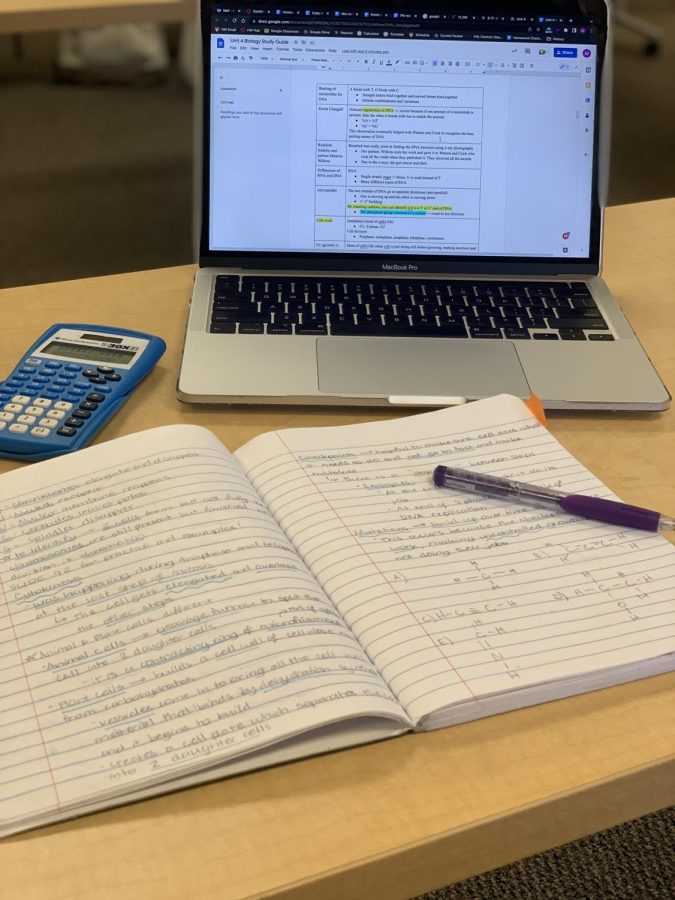Dear Math Department,
Harvard-Westlake (HW) students complain about the curriculum introduced to them in math. Burdened with stress from other classes, students are required to memorize various formulas. However, many students admit that there is a slim chance they will apply these formulas into their future lives and forget the formulas shortly after the test. Moreover, most students at Harvard-Westlake won’t pursue a career related to math, and even doctors, coders, and accountants aren’t required to learn the abstract formulas taught at Harvard-Westlake. In addition, engineers and mathematicians will be given formulas when needed, thus eliminating any purpose for memorizing.
With the advantage of technology, students should be able to look up any formulas and concepts they need. Although some may say that stopping students from memorizing will cause students to forget the concept, technology won’t stop students from learning, instead, technology can be utilized to help students truly understand formulas rather than pure memorization.
For example, in Algebra II, students are required to predict profits based off of interest rates and estimate the half–life of different substances. However, students should not be memorizing these concepts because even the most celebrated mathematicians are given these relevant formulas.
In addition, “the formulas were so specific that it didn’t teach anything. We didn’t learn much about algebra at all since all we did was plug numbers into a formula we had to memorize,” Victoria Peng ‘23 said. Additionally, although predicting one’s profits in stock markets may be useful at times, by the time we grow up, many people will have the technology that can easily predict profits made in investing in stock markets. Moreover, many students aren’t willing to pursue in a field of math and thus are not interested or willing to memorize the formulas taught in Algebra II.
Many corporations, including the College Board which runs the AP exams, are trying to limit the formulas students are required to memorize, and I think it would be suitable if Harvard-Westlake did the same as well. For example, in the Chemistry AP test, the College Board is willing to give kids formulas so that students will focus more on what the formulas mean and won’t be burdened by memorizing them. One of Harvard-Westlake’s primary goals, as stated in the mission statement, is to foster learning. However, when required to memorize formulas, students focus their time on memorizing rather than truly learning and understanding what formulas mean. The math department is thus doing the exact opposite than nurturing a student’s passion in the area.
Although the math department is doing a great job of trying to teach students concepts, it is imperative that they adopt a new system that encourages students to learn rather than to memorize.
Sincerely,
Konnie Duan



